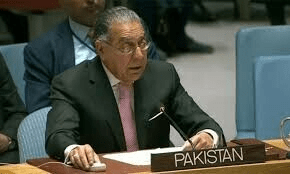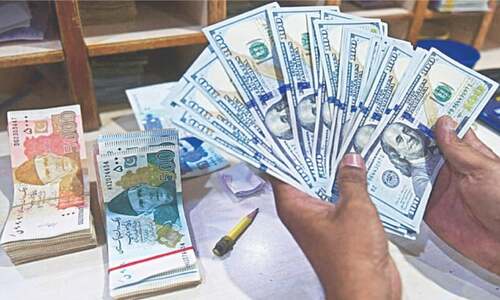MOHAMMED Abdul Ameer’s nostalgia for better days and his roots in the Levant were what inspired him to open Basra’s first mixed-gender cafe since the rule of Saddam Hussein, and themed in honour of the Lebanese singer Fairouz. The southern Iraqi city, the home of Abdul Ameer’s father, has since Saddam was toppled in a 2003 US invasion seen conflict, unrest, religious conservatism and an acute lack of jobs and services. Abdul Ameer hopes his customers, mostly young Iraqis, can temporarily forget that and lose themselves in the Arab literature stacked on bookshelves at his cafe while they drink coffee out of cups imprinted with Fairouz’s face.
“Fairouz songs are associated with good memories. This place will bring people back to the past, to better days,” the owner said at his new Fairouz Cafe and Bookshop in central Basra. “We learned Fairouz’s songs during school days so we associate her name with nostalgia.” Mugs picturing Fairouz, whose soothing voice emanates from car radios in Iraqi cities and throughout the Arab world, are also sold at the cafe. The 29-year-old grew up in his mother’s homeland of Syria but fled for Basra in 2012 near the beginning of the Syrian civil war. “Life in Syria became tough. Snipers and kidnappings became common. I decided to leave and find a new life in Basra,” said Abdul Ameer.
The economics graduate’s dream project — to open a cafe that emulates the Damascus cafe culture — has come to fruition, and many locals are delighted. “What I love about this place is the library and the good service. This place is quiet and free from people who try to restrict our freedom,” said Samana Sajjad, a 23-year-old woman who works as a local radio presenter. “After a long day, it’s a place where you can forget your worries by listening to Fairouz and reading a book.” Located where the rivers Euphrates and Tigris merge near the Gulf, Basra was for centuries a melting pot of Arabs, Persians, Turks, Indians and Greeks who left their cultural imprint. After Saddam was toppled, conservative Shia-led parties took power in Basra, bringing with them a religiously restrictive lifestyle.
Published in Dawn, January 7th, 2019













































Dear visitor, the comments section is undergoing an overhaul and will return soon.